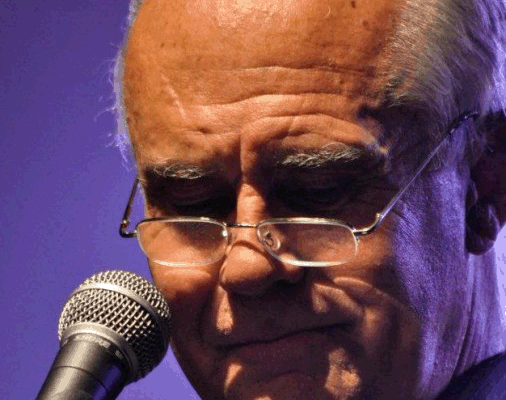The poetry slam is a poetry event created in 1984 by a Chicago construction worker named Marc Smith. Smith’s goal was to create a poetry gathering that would encourage his community to see poetry as he did – vital, living and accessible to everyone.
In poetry slams, poets read or recite their own original work with no costumes, props or musical accompaniment. The poetry performances are then assessed by a group of judges (randomly selected from the audience) on a scale of 0–10. The poets whose work scores the highest move on to additional rounds with a winner being crowned at the end of the evening.
From the beginning, the poetry slam was a hit with poets and audiences alike. The easy-to-recreate concept was soon adopted by venues across the country. Two and half decades later, poetry slams are common fixtures in hundreds of communities, schools and arts venues – giving each unique community a venue in which to spotlight and celebrate the poets working and living in their own communities.
Marc “So What!” Smith, the original, put it this way:A Poetry Slam … is a word circus, a school, a town meeting, a playground, a sports arena, a temple, a burlesque show, a revelation, a mass guffaw, holy ground and possibly all of these things mixed together. Slam poetry is performance poetry. It’s the marriage of a text to its artful presentation on stage to an audience that has permission (and perhaps the responsibility) to talk back. The audience is the primary judge of the quality of the poetry and its presentation.
― Marc Kelly Smith, Stage a Poetry Slam
The poetry slam is a competition, often a fierce one. But it’s more than that. It’s an ethos, a community, the band and theatre cliques from high school writ large. We’re not talking about Jets or Sharks from West Side Story here, mind you: we’re talking about slam poets, wordsmiths who, without fear and with balls (and ovaries!) of steel, provoke hundreds, if not thousands of people every year to stand up and cheer, snap their fingers, and give perfect tens. To poetry.
― Quoted in: Cristin O’Keefe Aptowicz, Words in Your Face: A Guided Tour Through Twenty Years of the New York Poetry Slam


